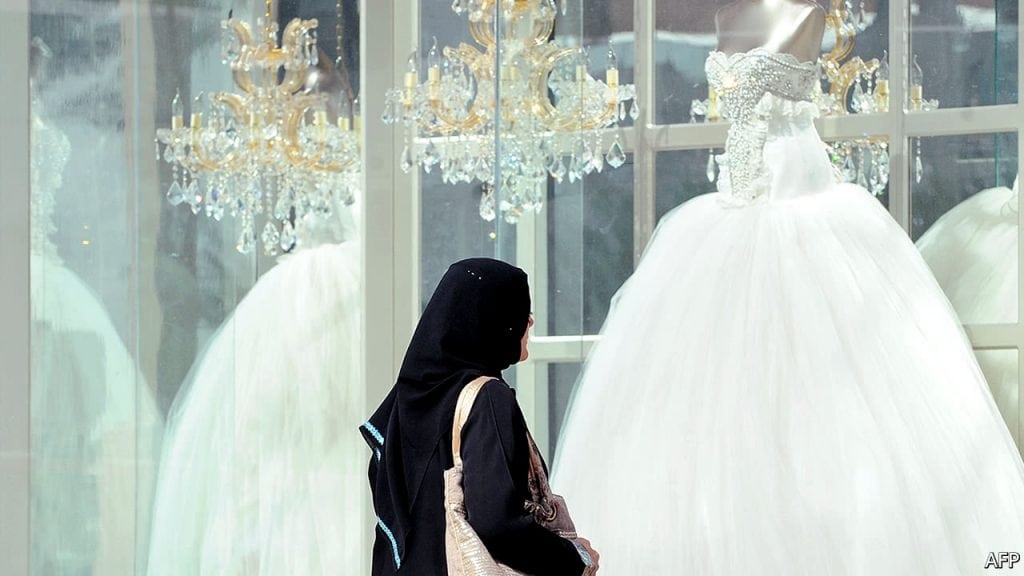 An article published in The Economist last week about Islam, Marriage and Law discusses at length how sharia marriages can hurt women in the West, especially in different European countries:
An article published in The Economist last week about Islam, Marriage and Law discusses at length how sharia marriages can hurt women in the West, especially in different European countries:
The risk of being trapped between systems is acute for those in transition from the Islamic world, which has detailed prescriptions for marriage, divorce, custody and inheritance, to Western countries where egalitarian, secular standards prevail. In classic Muslim thinking a man can renounce his wife unilaterally by pronouncing the word talaq on three occasions. The ex-wife keeps the mahr, the gift which the man gives her on marrying. For a woman, obtaining a divorce is far harder. She can start proceedings, with the help of an imam or Islamic authority, and this can lead to a khul’a or divorce by consent, though she may have to cede her mahr to make her husband agree. If he has behaved badly and refuses a termination, an Islamic judge can impose a faskh or judicial divorce. But getting this can be hard.
The situation for hundreds of thousands of Pakistani-descended women in England isin some ways worse than for those living in their homeland where only one, Islamic set of rules applies. That is thanks to an ever-growing habit among English Muslim couples: having an Islamic ceremony which is not registered with the British state. A recent survey of 1,000 married Muslim women by Britain’s Channel 4, a publicly owned broadcaster, found that 600 had religious-only unions.
It was followed by another article, How best to help women caught between different kinds of family law, where Aina Khan’s campaign “Register Our Marriage” was said to aspire both to change the law and to make Muslims, especially women, more conscious of the dire consequences of a religious-only rite.
Please take a moment to support our campaign and sign the Petition to Reform English Marriage Law, as it is no longer ‘Fit For Purpose’. Thank you!
